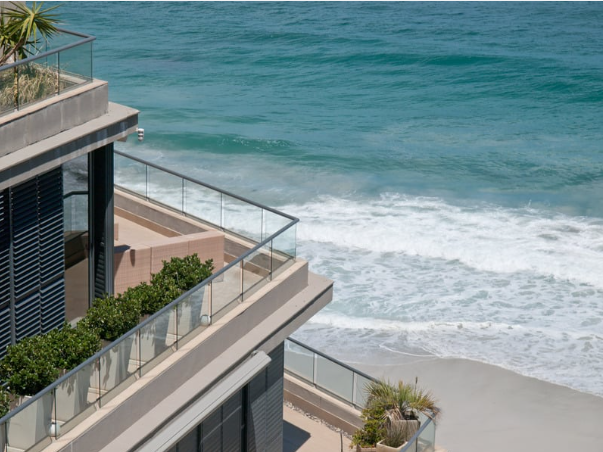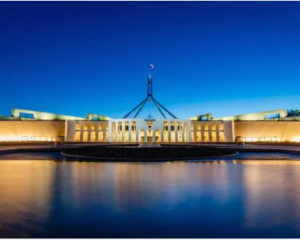The Victorian Government has passed significant legislation aimed at property owners who hold vacant residential properties, including holiday homes, for more than six months within a calendar year. The Vacant Residential Land Tax is in addition to the current Land Tax and the Short-Term Rental Tax that property owners are now facing.
Current Requirements until 31st December 2024
The Vacant Residential Land Tax (VRLT) currently applies to residential properties and holiday homes left idle or empty for more than six months that have not undergone significant renovation or reconstruction. The properties currently subject to the tax are in the inner and middle suburbs of Melbourne within the following council areas:
|
|
Extended Requirements from 1st January 2025
From 1 January 2025, new legislation expands the VRLT to apply to any vacant residential property in Victoria, including regional areas and government/state holdings.
This specifically excludes ‘unimproved land’ or what is often referred to as ‘vacant land.’ The tax rate remains 1% of the property’s Capital Improved Value (CIV), meaning a $1,000,000 vacant residential property or holiday home will have an annual tax of $10,000. The rate will increase to 2% for the second consecutive year and 3% for the third consecutive year.
Do I need to pay Vacant Residential Land Tax if I own a holiday home?
If you have a holiday home used for at least four weeks of the year by family, and your principal place of residence is in Australia, you will likely be exempt from Vacant Residential Land Tax. If this is the case, you must apply for an exemption by the 15th of January 2025. Please note that while the changes apply from 1 January 2025, your property’s usage will be assessed during the preceding calendar year, so your use of the property throughout 2024 will be relevant.
What family members are allowed to use the property for the holiday home exemption?
The holiday home exemption applies to a property used by you or your close relatives – which includes your spouse or domestic partner, your children and their partners, your siblings and their partners and children, as well as your parents, grandparents and grandchildren. They can all contribute to the 4-week requirement, so long as they occupied the property for at least four weeks, in the previous calendar year (whether continuous or aggregate).
Use of the holiday home by friends does not count towards the 4-week occupation requirement.
Are there any other exemptions?
In addition to the holiday house exemption, the following exemptions also apply:
- Ownership of the property changed during that year.
- The property became a ‘residential property’ during that year.
- The property became a ‘residential property’ during the previous two calendar years, and ownership is unchanged.
- The owner occupied the property for at least 140 days of that year to attend their workplace or business, and the owner has a PPR in Australia (homes owned by companies, associations, or organisations are generally not eligible for this exemption).
How to Apply for Exemption
If your property has been unoccupied for more than 6 months and you believe you are exempt in the calendar year ending 31 December 2024, you are required to inform the Victorian State Revenue Office (SRO) by 15 January 2025.
You can apply for an exemption directly through the SRO website.
How Can Morrows Help?
Please speak to your Morrows Tax Advisor if you have any questions or concerns regarding your property investments and responsibilities.





